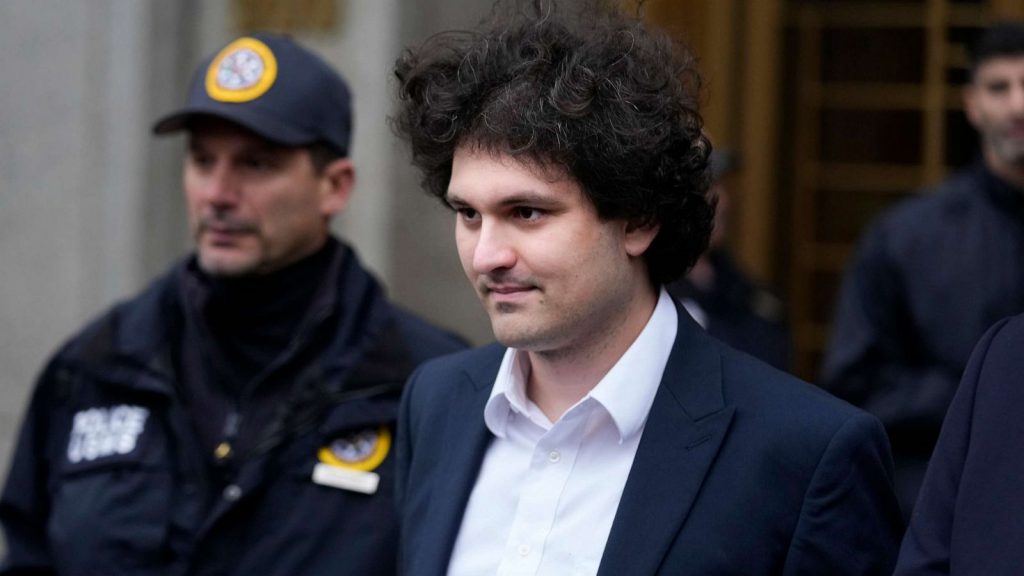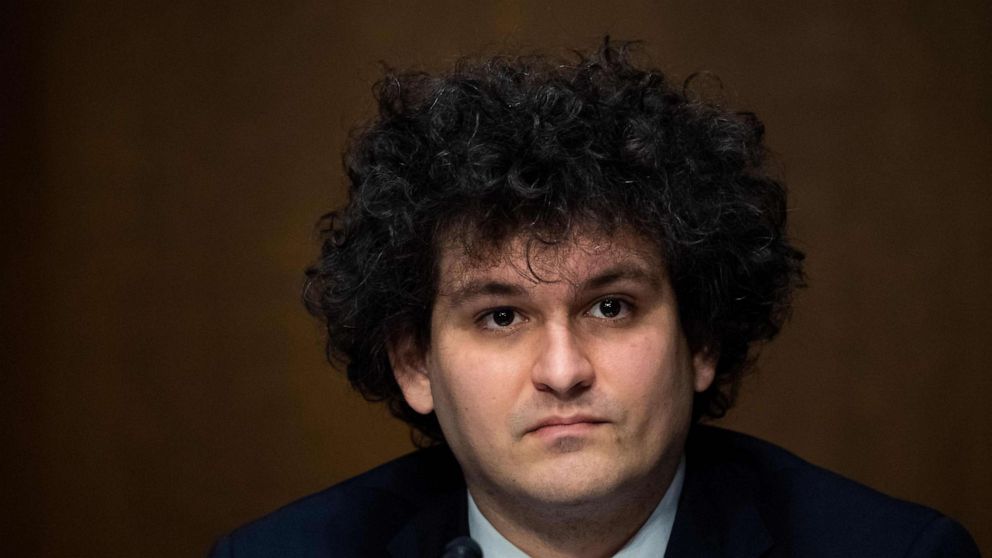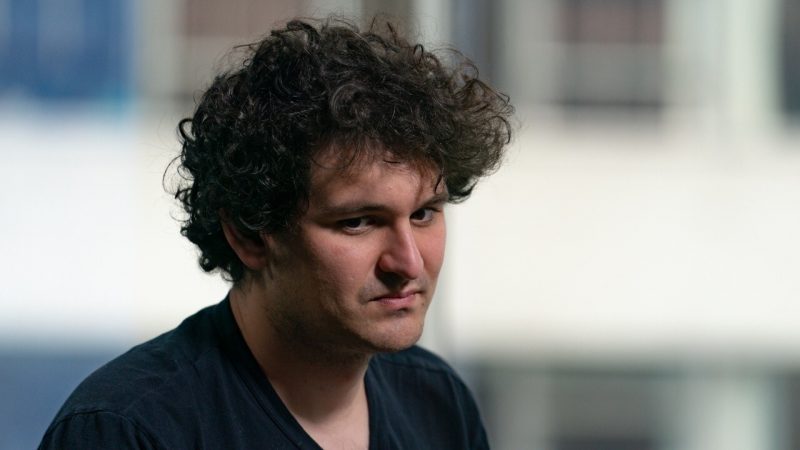As the highly publicized trial is underway, FTX co-founder Sam Bankman-Fried came face-to-face with former friends in a vital testimony. Specifically, Bankman-Fried saw both Gary Want, FTX co-founder, and senior developer Adam Tedidia take the stand against him.
Both former executives at the exchange had long boasted close relationships with the crypto fraudster. Subsequently, as he faces both men, they testify, following an immunity agreement, in order to cooperate with authorities in prosecuting Bankman-Fried.


Also Read: Sam Bankman-Frie’s Crypto Empire ‘Built on Lies’ Says Prosecutors
Sam Bankman-Fried Trial Sees Former Friends Testify
Over the past few days, the trial of Sam Bankman-Fried has dominated the news cycle. Indeed, the former CEO of FTX could face more than 100 years in prison for the extent of his financial crimes. Now, the proceedings have reached one of their most important moments.
Specifically, Sam Bankman-Fried has seen his former friends, Gary Yang and Adam Yedidia, testify against him—both men were executives at the exchange and had been granted immunity for cooperating with authorities. Moreover, both had shared the Bahamas residence where all FTX executives had lived prior to the exchange’s collapse.


Also Read: Binance CEO Rejected Bankman-Fried $40M Funding Request
In the courtroom, reports suggest that Bankman-Fried’s defense struggled in the cross-examination portion of the proceedings. Specifically, The Block stated, “Of the 21 overruled objections today, 15 came from the defense.” Moreover, 55 sustained objects were made, with Judge Lewis A. Kaplan only ruling in favor of the defense six times.
The specifics of the testimony mostly dealt with the relationship between FTX and Alamdeda Research. Specifically, Yedidia testified to having designed a system that allowed wire transfers to an Alameda bank account to automatically credit users. Moreover, he spoke on a code issue in which Alameda’s liabilities were overstated by $8 billion.





